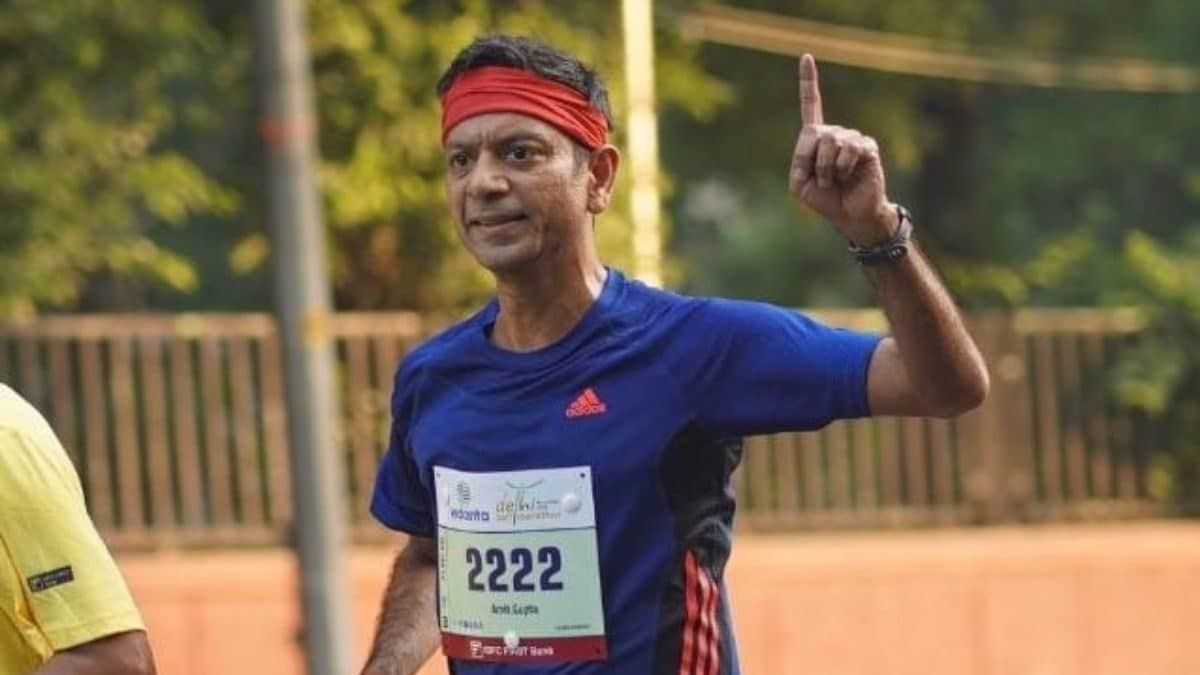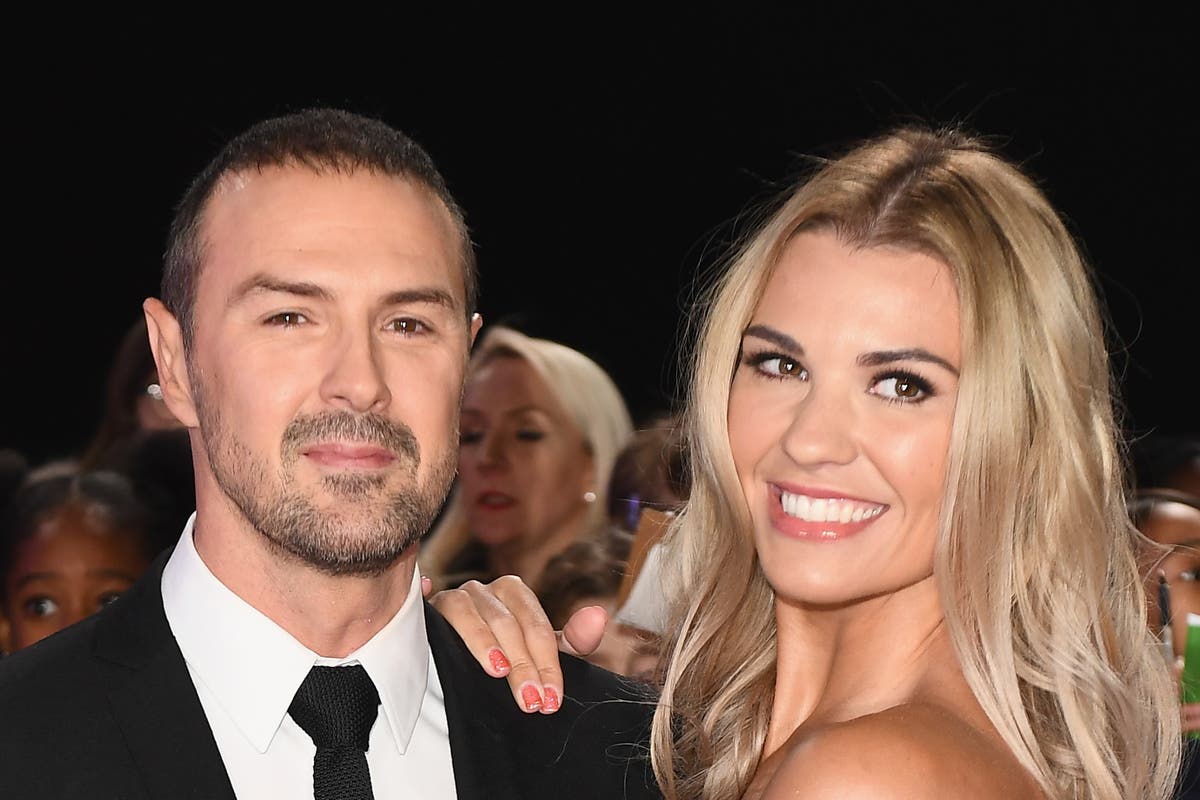Completing a long distance race can be difficult, especially if it's your first marathon
Take charge of your nutrition to conquer the miles and fuel yourself to the finish line, and prepare for your best race.
With the upcoming marathon, many runners, both novices and professional athletes, will set their sights on the finish line. To prepare for the trip, including the months of preparation and the 26 miles to cover on race day, refueling is key.
Completing a long distance race can be difficult, especially if it's your first marathon. As runners push the limits of their physical endurance to prepare for the big day, some forget to focus on their diet. Knowing what to eat before a marathon and exactly how much fuel you need before, during and after the race can be a conundrum. Fortunately, with smart nutrition, hydration, and some experimentation during training, you can learn what your body needs to cross the finish line. This will not only help you maximize your performance, but will also pave the way to success.
Dr. Irfan Shaikh, associate director of Abbott's nutrition business, shares tips to help you train smart and get the most out of your marathon.
- Train for successWhile training for a marathon, in addition to your race plan, it is important to have a solid nutrition plan. It's a good idea to choose nutrient-dense foods during training. You won't perform at your best on a diet of samosas and oil-rich foods. Your marathon diet should be well balanced, with lean proteins, whole grains, fruits, vegetables, and healthy fats. The most important macronutrients to focus on are carbohydrates. Protein is also key as it can help with recovery, injury prevention, and support lean muscle mass.
You should also hydrate before, during and after running. You need to properly rehydrate and replenish nutrients after each training session to prepare for the next.
- Be smart with your pre-race mealsFirst, if you're in a new city for the marathon, resist the temptation to eat like a tourist if you later regret it. In Mumbai, this means waiting an extra day to have vada pav. Running while still digesting may not be ideal.
Many runners eat pasta with their pre-race dinner to get carbohydrates; If that works for you, go for it, just focus on moderation. Try to eat meals high in carbohydrates and moderate in protein, low in fat, fiber and spices. You can also try healthier carbohydrate options, such as vegetables and whole grains. Also, dinner isn't your only opportunity to load up on carbs, so don't skip meals in the days before the race.
It is also important to remember that from the age of 40, people begin to lose muscle mass, and can lose up to 8% each decade. Therefore, if you are at this stage of life and want to stay strong and active while training, you may benefit from additional supplementation, such as Guaranteed with HMB. Containing macronutrients (protein, fat, high-quality carbohydrates), 32 micronutrients (vitamins and minerals) and HMB, these complete and balanced nutritional supplements can help provide energy, improve bone and muscle strength and immunity.
This can help you get the amount of protein you need so your body doesn't break down your muscles to fuel your workouts.
- It's not the day to try something new.On the morning of your marathon, eat whatever you ate on long training runs. You could try to consume 25 to 50 grams of carbohydrates every hour before the start of the race.
Also, while it may be tempting to try a new bar that you noticed that day, don't do it. Stick to what you've been training for during long runs. Even small changes, whether in diet or drinking more fluids during the race, can negatively affect your running.
- Recharge with breakfast and pack wellYour pre-workout meal has many benefits. It protects the feeling of hunger, prevents low blood sugar levels and its symptoms (fatigue, blurred vision, lightheadedness) and provides energy to the muscles. The timing of this meal is important. What you eat before running is useful only after it has been digested and absorbed. Ideally, you should eat a meal three to four hours before exercise or a smaller snack about one to two hours before.
A good breakfast before running can be whole wheat toast with egg along with fruit juice, among other options, depending on your energy needs. Also, bring water, sports drinks, energy bars, post-run recovery fuel, and anything else you usually eat on the mornings of long runs. It's good to have extra fuel on hand.
- Refuel after crossing the lineYou need protein to help your muscles recover after a long run. That's where the fuel for recovery comes into play. Crossing the finish line marks the beginning of the recovery period, as there may be muscle breakdown, soreness, oxidative damage, and compromised immunity in the immediate post-marathon period. To overcome this, one must stay hydrated and avoid immediate high-intensity exercise. Additionally, it is important to have a balanced nutrition plan with high-quality protein and micronutrients, as runners ideally need carbohydrates along with some protein 30 to 45 minutes after finishing the race. Including oral nutritional supplements like Ensure can help your post-marathon recovery. Together, these steps can help with next-day soreness and prevent muscle breakdown. ,
With these tips, take charge of your nutrition to conquer the miles and fuel your way to the finish line, and prepare for your best race.












